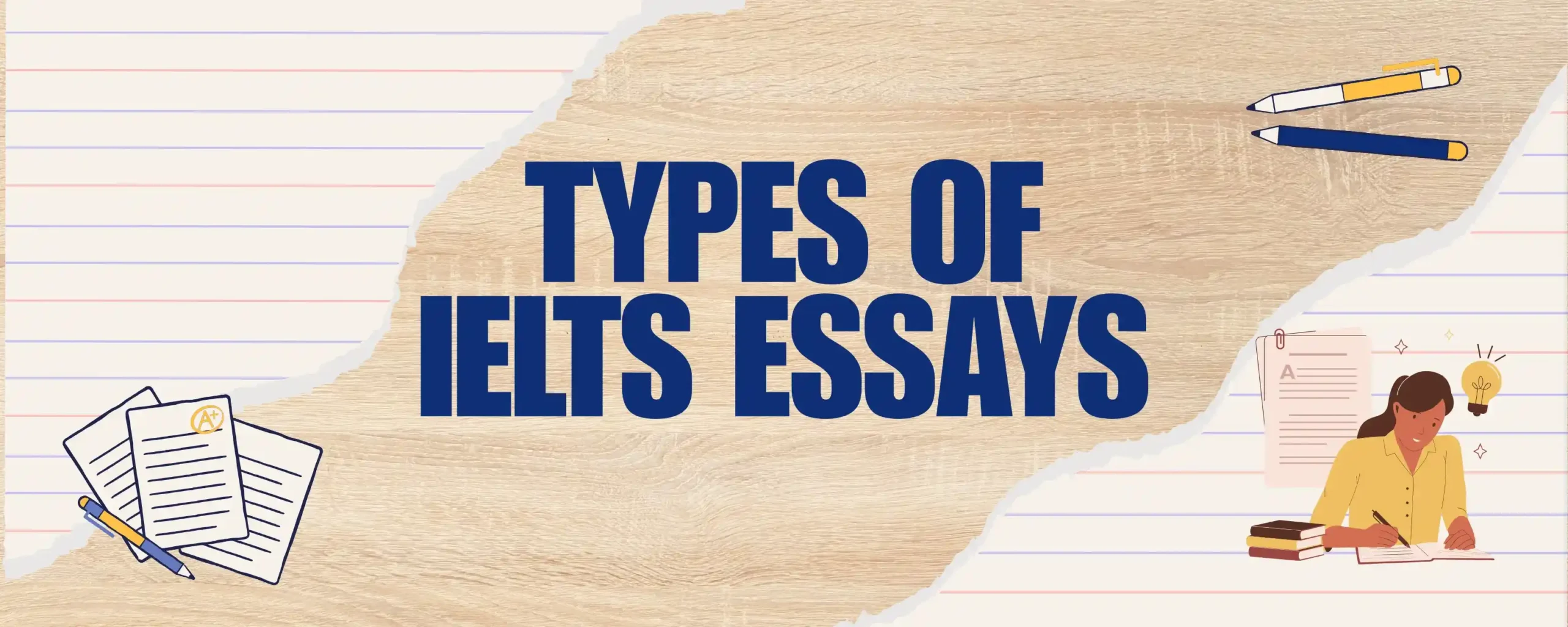The International English Language Testing System (IELTS) is a gateway for students, professionals, and immigrants aspiring to study, work, or live in English-speaking countries. A key component of IELTS is its vocabulary section, which assesses your ability to understand and use a wide range of words in various contexts.
This article will explore the importance of vocabulary in IELTS, introduce top online tools for vocabulary building, outline effective strategies for learning, and recommend online courses that can support your vocabulary development. Additionally, we’ll discuss how to integrate vocabulary practice into your study plan, tips for retaining new vocabulary, common mistakes to avoid, and share success stories of individuals who have mastered IELTS vocabulary.
Importance of Vocabulary for IELTS
Vocabulary is one of the core elements assessed in the IELTS exam. It is crucial for all four sections: Listening, Reading, Writing, and Speaking. A rich and varied vocabulary allows you to understand complex texts, articulate your thoughts clearly, and respond accurately to questions.
For instance, in the Speaking section, using a diverse range of words can demonstrate your fluency and help you avoid repetition. In the Writing section, a strong vocabulary can elevate the quality of your essays, making them more persuasive and coherent.
A limited vocabulary can hinder your ability to score well in IELTS, as it may lead to misunderstandings, misinterpretations, and an inability to express ideas effectively. Therefore, investing time in expanding your vocabulary is not just beneficial—it is necessary for achieving a high score.
Top Online Vocabulary Building Tools
With the advent of technology, learning vocabulary has become more accessible than ever. Several online tools can help you expand your word bank systematically. Here are some of the most effective ones:
1. Quizlet
Quizlet is a popular online tool that allows you to create custom flashcards and quizzes. You can use it to practice IELTS-specific vocabulary by creating sets based on common themes and topics. The interactive nature of Quizlet makes learning more engaging, and the repetition helps reinforce your memory.
2. Memrise
Memrise offers a wide range of courses tailored to IELTS vocabulary. The platform uses spaced repetition and mnemonic techniques to help you remember words more effectively. Additionally, Memrise includes audio pronunciations and example sentences to aid comprehension.
3. Anki
Anki is another flashcard-based tool, but it stands out for its flexibility and customization options. You can create your own decks or download pre-made ones focused on IELTS vocabulary. Anki’s algorithm adjusts the frequency of card reviews based on your performance, ensuring that you focus on words that are more challenging for you.
4. WordUp
WordUp is an app that turns vocabulary learning into a fun game. It provides context-rich examples, synonyms, and translations for each word, helping you understand and remember them better. The app also tracks your progress and suggests words to review based on your learning history.
5. Cambridge English Dictionary
A reliable dictionary is a must-have for IELTS preparation. The Cambridge English Dictionary offers not only definitions but also pronunciation guides, example sentences, and synonyms. It’s a great resource for deepening your understanding of new words.
Effective Strategies for Learning IELTS Vocabulary
Learning vocabulary effectively requires more than just memorizing lists of words. Here are some strategies that can help you internalize new vocabulary and use it confidently in the IELTS exam:
1. Contextual Learning
Instead of learning words in isolation, study them in context. Read articles, listen to podcasts, and watch videos related to IELTS topics. This helps you see how words are used in real-life situations, making it easier to remember and apply them.
2. Thematic Word Lists
Organize your vocabulary study around common IELTS themes such as education, environment, health, and technology. This approach allows you to learn related words together, making it easier to recall them during the exam.
3. Active Usage
Actively use new words in your writing and speaking practice. The more you use a word, the more likely you are to remember it. Try incorporating new vocabulary into your essays, speaking responses, and even daily conversations.
4. Mnemonics and Associations
Create mental associations or mnemonic devices to help you remember challenging words. For example, to remember the word “gregarious” (sociable), you might associate it with “Greg” who is always socializing at parties.
5. Spaced Repetition
Use spaced repetition techniques to review vocabulary at increasing intervals. Tools like Anki and Memrise automatically schedule reviews based on your retention rate, ensuring that you revisit words just before you’re likely to forget them.
Recommended Online Vocabulary Courses
For those looking for structured guidance, online vocabulary courses can be incredibly beneficial. Here are some of the best courses available:
1. IELTS Vocabulary Booster (Udemy)
This course covers essential vocabulary for IELTS and offers interactive exercises, quizzes, and downloadable resources. It’s designed to help you build a strong vocabulary foundation and improve your exam performance.
2. Cambridge English
Advanced Vocabulary (FutureLearn): This course is ideal for students aiming for a high IELTS score. It focuses on advanced vocabulary and provides practical exercises to help you use new words accurately in different contexts.
3. IELTS Vocabulary for Band 7+ (E2Language)
E2Language offers a comprehensive course that targets the vocabulary needed to achieve a band score of 7 or higher. The course includes video lessons, practice exercises, and tips for using vocabulary effectively in the IELTS exam.
Integrating Vocabulary Practice into Your Study Plan
To maximize your vocabulary learning, it’s important to integrate practice into your overall study plan. Here’s how you can do it:
1. Daily Practice
Dedicate at least 15-20 minutes each day to vocabulary practice. Use tools like Quizlet or Anki to review flashcards, and make it a habit to learn a few new words daily.
2. Reading and Listening
Incorporate reading and listening exercises into your routine. Choose materials that align with IELTS topics, and pay attention to new words and phrases. Make a note of unfamiliar words, look up their meanings, and add them to your study list.
3. Speaking and Writing
Apply new vocabulary in your speaking and writing practice. Set specific goals, such as using five new words in a speaking task or incorporating them into an essay. This active use of vocabulary will reinforce your learning.
4. Review and Revise
Regularly review your vocabulary list and revise words you find difficult. Spaced repetition tools can help you schedule reviews effectively, ensuring that you retain what you’ve learned.
Tips for Retaining New Vocabulary
Retaining new vocabulary can be challenging, but these tips can help:
1. Use Words in Multiple Contexts
The more contexts in which you use a word, the better you’ll remember it. Try using new words in different sentences, situations, and even creative writing exercises.
2. Visual and Audio Aids
Associate words with images, sounds, or actions. For example, if you’re learning the word “serene,” you might visualize a calm lake or listen to soothing music to reinforce the meaning.
3. Teach Others
Explaining new words to someone else can reinforce your own understanding. Whether it’s a study partner, a friend, or a family member, teaching helps solidify your knowledge.
4. Stay Consistent
Consistency is key. Regular, short practice sessions are more effective than cramming. Make vocabulary practice a daily habit, and you’ll see steady improvement.
Common Mistakes to Avoid
When learning vocabulary, there are common pitfalls to avoid:
1. Relying Solely on Memorization
Memorizing word lists without understanding the context can lead to superficial knowledge. Always study words in context to grasp their full meaning and usage.
2. Ignoring Pronunciation
Understanding a word is only half the battle—you also need to pronounce it correctly. Use online dictionaries or language apps to practice pronunciation.
3. Overloading
Trying to learn too many words at once can overwhelm you. Focus on quality over quantity, and give yourself time to absorb new vocabulary.
4. Neglecting Review
Without regular review, you’re likely to forget new words. Use spaced repetition to keep words fresh in your memory.
Success Stories of Vocabulary Mastery
Many students have successfully mastered IELTS vocabulary using the strategies and tools mentioned above. For example, Maria, a student from Brazil, improved her IELTS score from 6.5 to 8.0 by dedicating an hour each day to vocabulary practice.
She used Quizlet to create custom flashcards and supplemented her learning with daily reading of English newspapers. Another success story is that of Arjun from India, who found that incorporating new vocabulary into his speaking practice not only boosted his confidence but also significantly improved his fluency and coherence during the IELTS Speaking test.
Conclusion
Mastering IELTS vocabulary is a crucial step in achieving a high score on the exam. By leveraging online tools, adopting effective learning strategies, and integrating vocabulary practice into your study routine, you can significantly enhance your word skills. Remember, consistent practice, active usage, and regular review are the keys to success. With dedication and the right approach, you’ll be well on your way to mastering IELTS vocabulary and achieving your target score.





